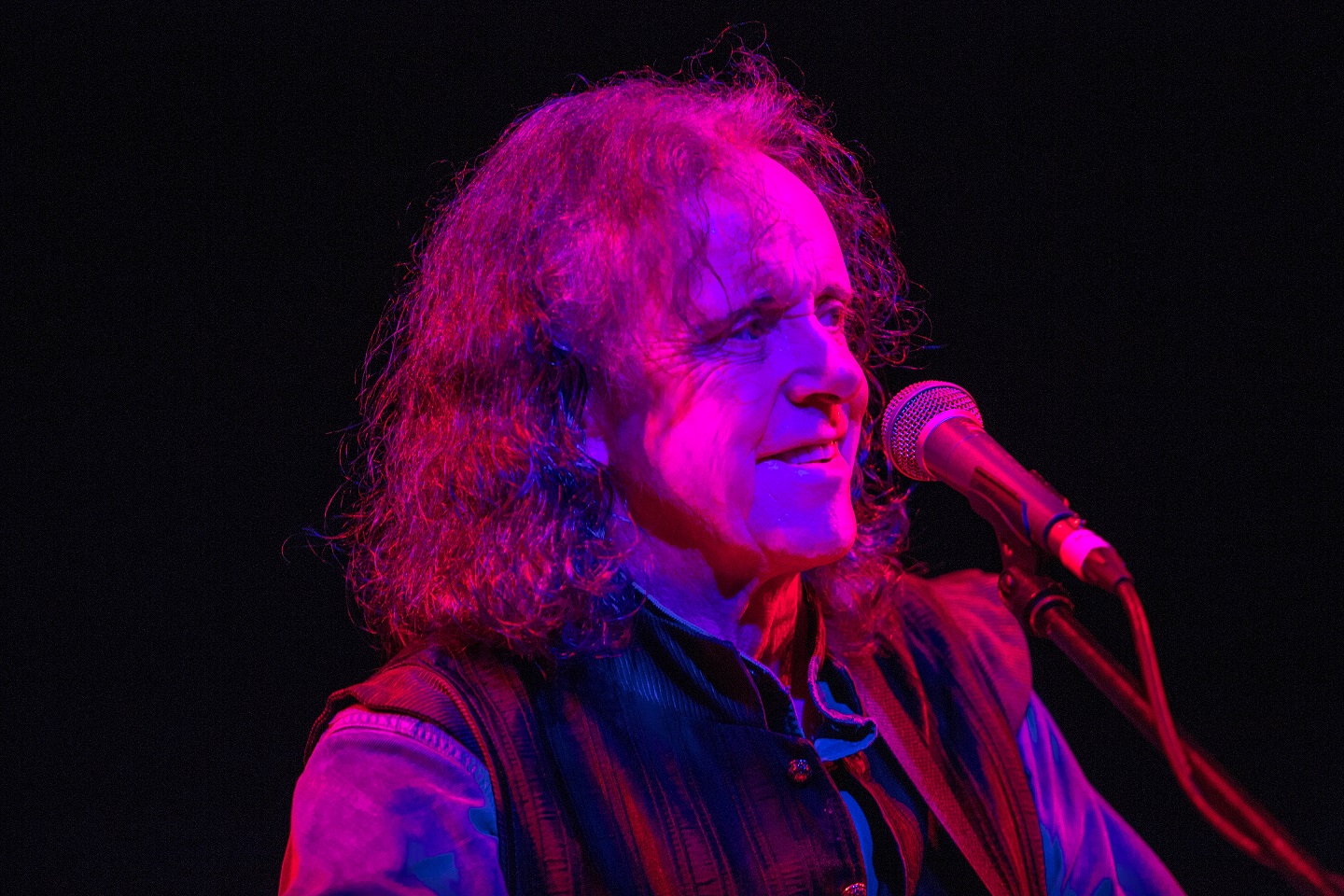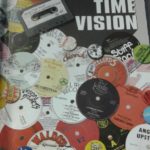When: 2nd-5th December 2016
Where: Butlin’s, Skegness
“Have you all got your beards? Are your pony tails tied back with elastic bands? Are you wearing your woolly jumpers? Have you got your pewter tankards hanging from your waist? Are you all drinking real ale?”
It is Saturday night at the sixth annual Great British Folk Festival and the man asking the questions is none other than Bob Geldof. The Knight Commander of the Most Excellent Order of the British Empire, political activist, celebrated charity fundraiser, singer with Irish punk band The Boomtown Rats and perhaps the most unlikely of choices for an event of this nature, is gently poking fun at the rather hackneyed, stereotypical folk audience profile.
It is very easy to ridicule the folk world and all of those who populate it, but there can surely be no denying either the longevity or the enduring popularity of this most traditional genre of popular music. The fact that yet another Great British Folk Festival has sold out all of its tickets weeks in advance will firmly attest to this.
More than four thousand paying guests have once more flocked to the Skegness Holiday Park on this beautiful stretch of the Lincolnshire coast, to the very site where it all started for Butlin’s way back in 1936. The times may well have dramatically changed since then, but the modern resort – and by extension the Great British Folk Festival – still holds true to Sir Billy Butlin’s guiding principle (one he unashamedly borrowed from William Shakespeare): our true intent is all for your delight.
For three days and nights you can enjoy all that this excellent resort has to offer – including very comfortable accommodation, a great choice of places to eat, not to mention all of the entertainment one would normally associate with a popular holiday park – plus a top line-up of live music that brings together the very best in folk talent both old and new.
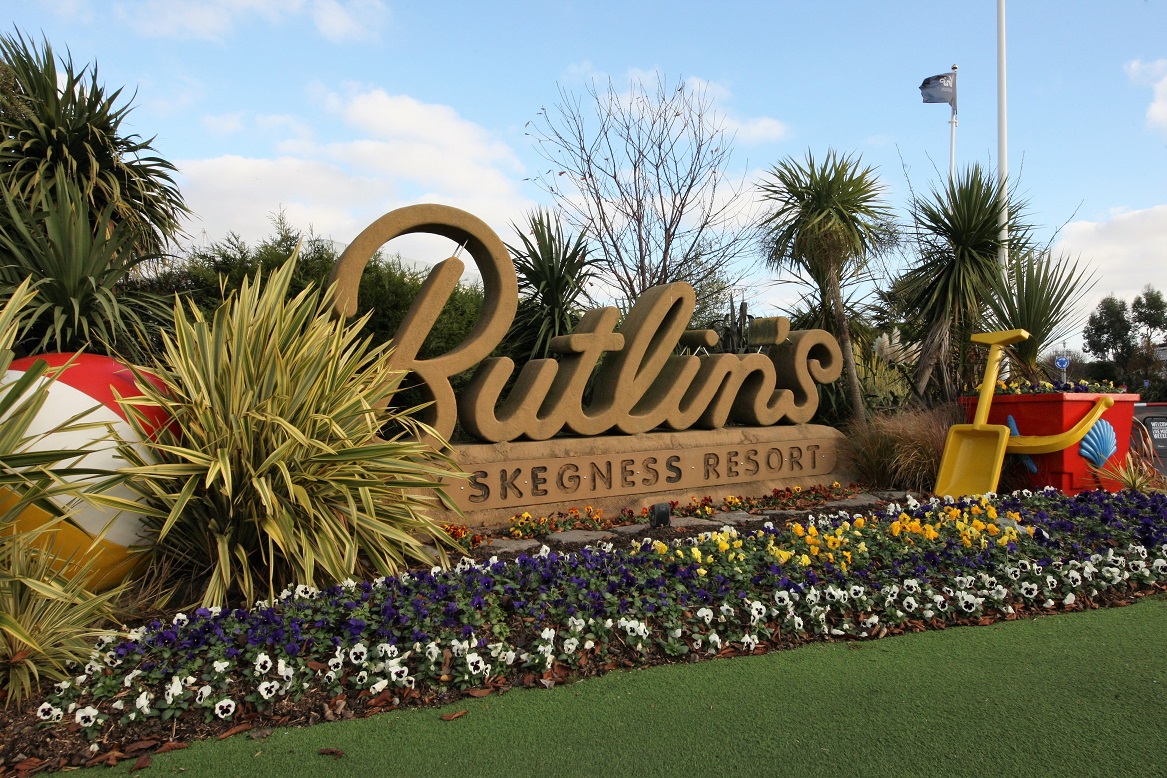
In keeping with many similar events, The Great British Folk Festival aims to balance established artists with those who are either less well known or are up-and-coming. The format of the weekend is such that the former are scheduled to appear on the site’s two principal stages – Reds and Centre Stage – whilst the latter take to the Introducing Stage which is located within the main Skyline Pavilion.
The dreaded schedule clash – the perennial curse of all music festivals – is not so much an inevitability here as an absolute necessity. As the capacity of both main stages is around 2000 people, and as there are more than double that number of punters on site at any one time, all of the artists appearing in Reds and Centre Stage start their sets at exactly the same time. This programming undoubtedly eases any potential health and safety concerns but it also means that often stark choices have to be made. Will it be Lindisfarne or Oysterband? Bob Geldof or Kate Rusby? Levellers or Donovan? These are but some of the difficult decisions with which people are faced this year. However, whilst this is not always the most satisfactory of compromises to reach, as both venues are located only a few yards apart it is a fairly simple task to alternate between the two if you so desire.
A rather delightful set by Cara Dillon opens proceedings on Friday evening. Here, the Irish songstress fully embraces the Christmas spirit – ‘Infant Holy’, a Cornish version of ‘The Holly and the Ivy’ and a lovely reading of The Pretenders’ ‘2000 Miles’ are all full of festive cheer – but it is her stunning interpretation of Joni Mitchell’s ‘River’, where she is accompanied by the acclaimed guitarist and singer-songwriter John Smith, that leaves us all completely spellbound.
The only moment of tension over the entire weekend emerges during the subsequent performance by Lindisfarne. “Sit down, sit down, sit down” In what sounds like complete and spontaneous unison, all of those who have queued to get into Reds early to secure their seats suddenly take great exception to the rest of us who have chosen to stand in front of the stage to experience the renowned Geordie folk rockers. Rod Clements, the only surviving original member of the band here tonight, seems completely nonplussed by it all but responds in the best way imaginable with a searing blast of ‘Alright On The Night’.
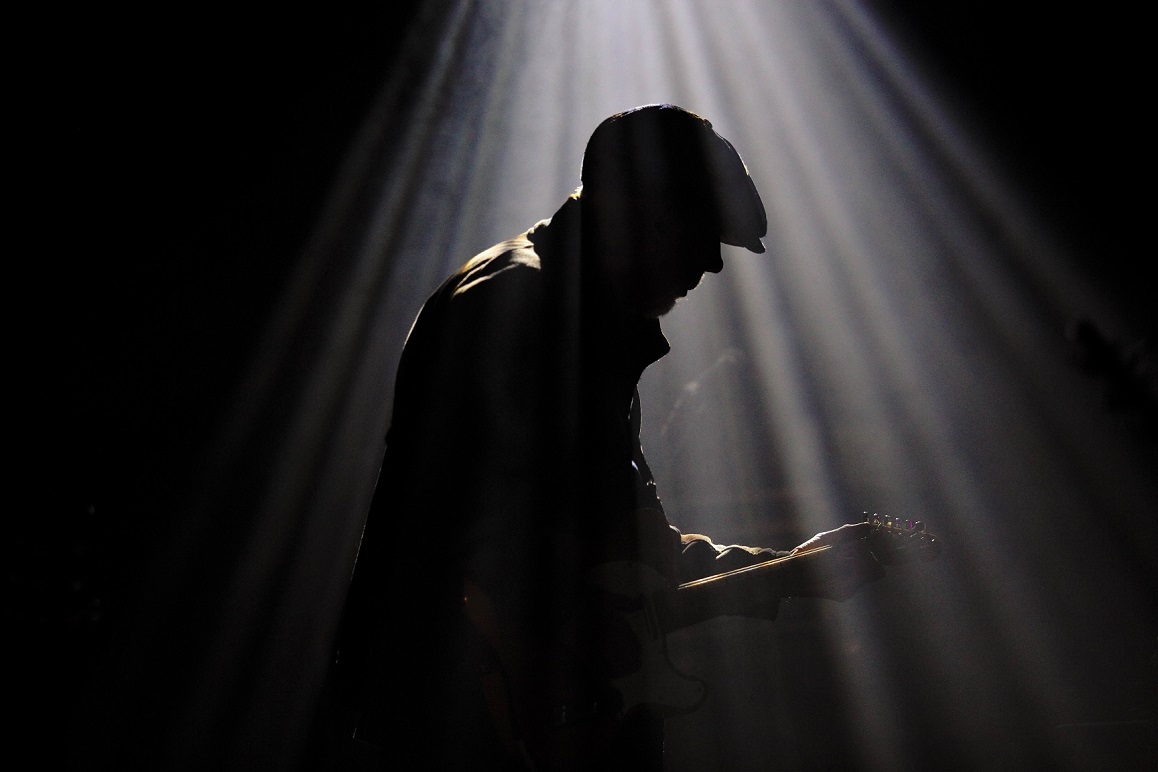
Taken from Lindisfarne’s second album Fog On The Tyne, and with its cheerful refrain of “And it’ll be all right/We’ll have a drink on a Friday night/It’ll be oh so good/We’ll do everything that I know we should,” the song’s vibrant sentiments seems to quickly dispel any simmering resentments within the crowd. Along with most other songs the band perform tonight, ‘Alright On The Night’ was written by Alan Hull and good as these renditions are – ‘Lady Eleanor’ is undeniably haunting, ‘Winter Song’, in the very capable hands of Hull’s son-in-law Dave Hull-Denholm, retains much of its original beauty, and ‘Kingdom Come’ is given an even greater impetus by the thunderous accompaniment of former Roxy Music drummer, the mighty Paul Thompson – Hull’s absence (he died 21 years ago) is made all the more acute. Their set also begs the rather uncomfortable question, how many degrees of separation really lie between originality, nostalgia and tribute?
At the same time, those firm festival favourites Oysterband put in their customary shift full of vim, vigour and outstanding folk tunes. With John Jones leading as always from the front, they stride through a typically robust set including ‘When I’m Up (I Can’t Get Down)’, ‘All That Way For This’ (mischievously dedicated to Hillary Clinton) and deserved encores of ‘Granite Years’ and, rather fittingly, ‘Put Out The Lights’.
As it does all weekend, a beautiful bright winter sun greets us on Saturday morning and affords everyone an opportunity to stroll along the resort’s adjoining Blue Flag beach. Perhaps mindful of its primary demographic, most everything at the Great British Folk Festival is taken at a very leisurely pace and it is this great sense of rest and relaxation that adds to the event’s tremendous appeal.
Sally Barker and The Pitmen Poets get the afternoon’s musical itinerary under way in suitably serene style. Barker – who last year had played here with the legendary folk-rock outfit Fotheringay – delights us with her interpretation of The Animals’ ‘Please Don’t Let Me Be Misunderstood’, the song that the founding member of The Poozies had used two years ago for her ‘blind audition’ on the BBC talent contest The Voice. Next door The Pitmen Poets bring vividly to musical life poignant reminders of such bittersweet times in the North East’s once great coal mining history.
As it had done with dynamic folk entourage The Bramble Napskins the previous evening, the Skyline welcomes yet more exciting, albeit less well-established acts to the Introducing Stage on Saturday night. First up is London-based roots singer-songwriter Linda Em and her band who bring much energy and pizzazz to the table, followed shortly thereafter by the more sedate sounds of Sarah Dean on harp and voice.
But Saturday night belongs to the individual talents of Kate Rusby and Bob Geldof. Out with her band on the first date of her Christmas tour and replete with a five-piece brass section and her obligatory mug of Yorkshire Tea, Rusby confirms her well-earned reputation as Britain’s most popular folk singer. She oozes warmth, charm and good cheer, galvanising Richard and Linda Thompson’s ‘We Sing Hallelujah’, dedicating the title song from her third seasonal album, The Frost Is All Over to her beloved dog Doris, and signing off with a most animated encore of ‘Big Brave Bill’.
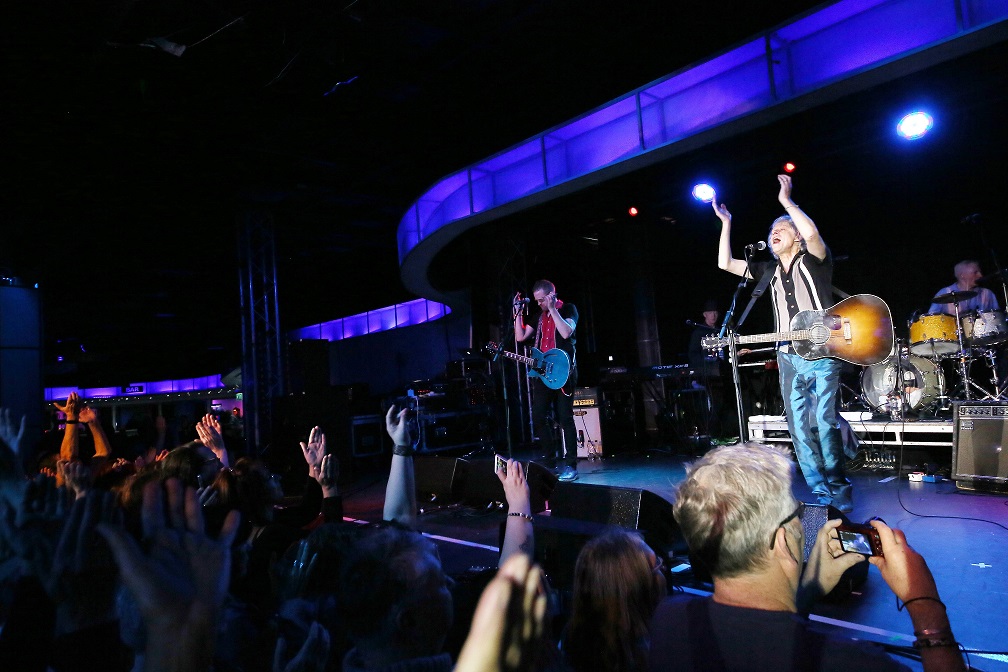
For his part, Bob Geldof is a revelation. An unusual fit for a folk festival, he may be many, many things – most recently he joined the ultimately successful Lib Dem candidate Sarah Olney on the campaign trail in Richmond upon Thames – but above everything else the man from Dún Laoghaire in County Dublin is an entertainer. And tonight he entertains us in spades.
Resplendent in a shiny blue suit and accompanied by a band that includes his trusty Boomtown Rats sidekick Pete Briquette, a keyboard player who bears an uncanny resemblance to Stan Laurel and an elderly fiddle player from Zimbabwe with a broken leg and string vest, Geldof takes us on an often mesmerizing musical journey that embraces rockabilly, blues, country and Irish folk.
On ‘Systematic 6-Pack’ he channels the ghost of Link Wray into the American Dream; with the old Rats’ single ‘Banana Republic’ – which at one point saw the band banned from their own country – he bemoans the gradual dilution of the power of popular music; and for ‘Scream In Vain’ he takes us back most movingly to a little village in Ethiopia where his herculean fundraising efforts on Live Aid had helped to make such a difference to the people of that country.
Sunday afternoon is a fantastic 30th-anniversary celebration of Martin Stephenson and the Daintees’ debut album Boat to Bolivia. Stephenson can often be rightly criticised for allowing his admittedly hilarious stand-up comic shtick to overshadow his undoubted musical talent. This afternoon he gets the balance between the two absolutely right and enthrals us with the perfect pop of ‘Crocodile Cryer’ and ‘Coleen’ from that record, as they nestle ever so comfortably alongside the reggae-inspired title track and the gorgeously soulful ‘Slow Lovin’’. Quite why this man is not a huge star is beyond comprehension.
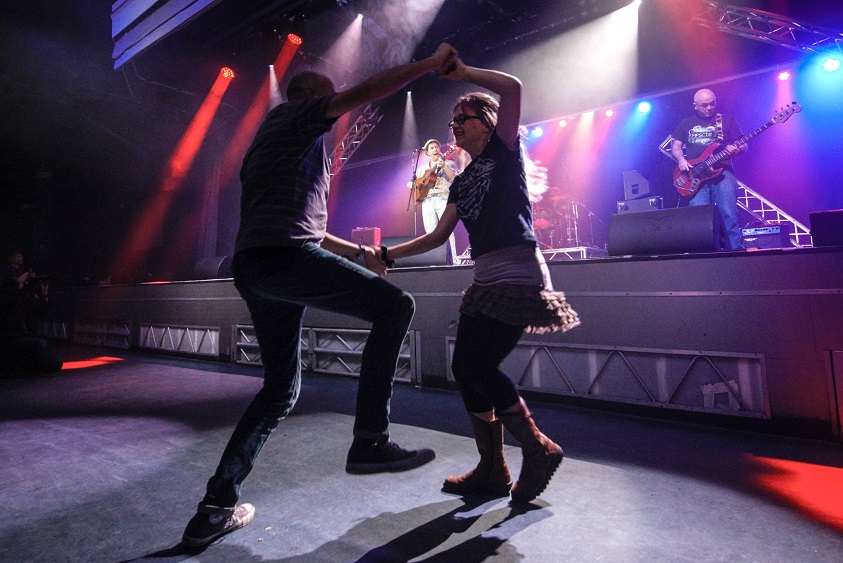
Like Bob Geldof before him, Jona Lewie is another seemingly odd choice for a folk festival though his inclusion on the bill perhaps reflects The Great British Folk Festival’s extension of the folk idiom to include slightly more diverse musical styles. In truth, though, his set – including ‘Seaside Shuffle’ and his 1980s UK hits ‘You’ll Always Find Me in the Kitchen at Parties’ and ‘Stop The Cavalry’ – does little to dispel the feeling that Lewie is really not much more than a novelty act.
A man who is firmly rooted in the grandest of folk traditions, though, is Donovan and it is left to him – and the Levellers with whom he coincides on Sunday night – to bid a most fond, if admittedly contrasting farewell to this year’s Great British Folk Festival. Donovan assures us from the outset that we will “never be more than three minutes from one of his hits” and as he trawls through his illustrious back catalogue – including a marvelous closing sequence of ‘Sunshine Superman’, ‘Season of the Witch’ and ‘Mellow Yellow’ – he is completely true to his word.
Once again the Great British Folk Festival brings the year’s UK festival calendar to a most satisfying conclusion. Its continuing success owes much to the range of quality acts that it presents year after year yet this in itself would not mean nearly half as much without the positive environment in which it takes place. And for this, Butlin’s deserves huge credit. With the help of their staff and a most unobtrusive security presence – who to a man and woman are consistently polite, friendly and attentive – they add to what is a wonderful, all-round entertainment experience.
Additional Reporting: Claire Eggleston
Photo Credit: Simon Godley and Claire Eggleston
More photos from The Great British Folk Festival 2016 can be found HERE

